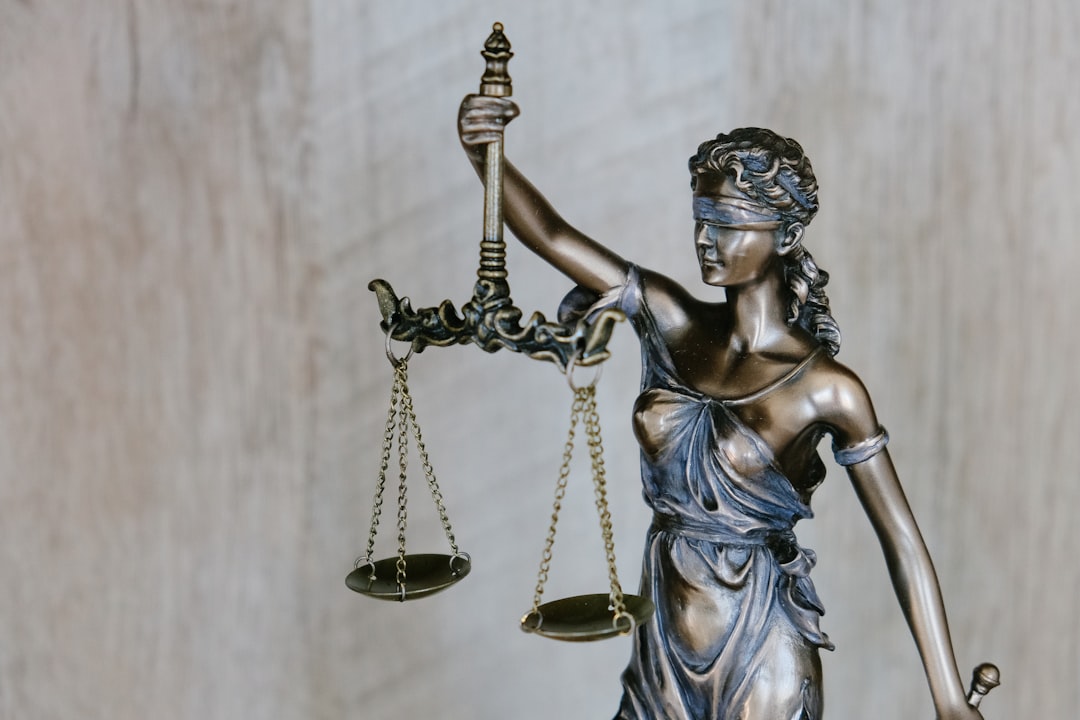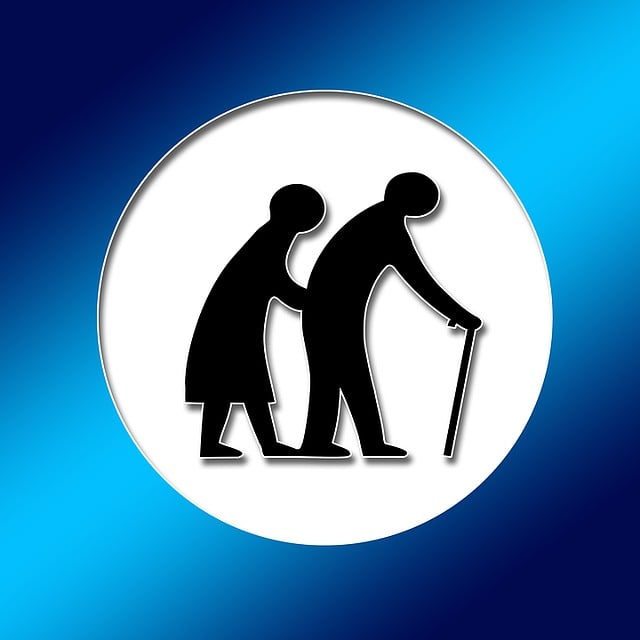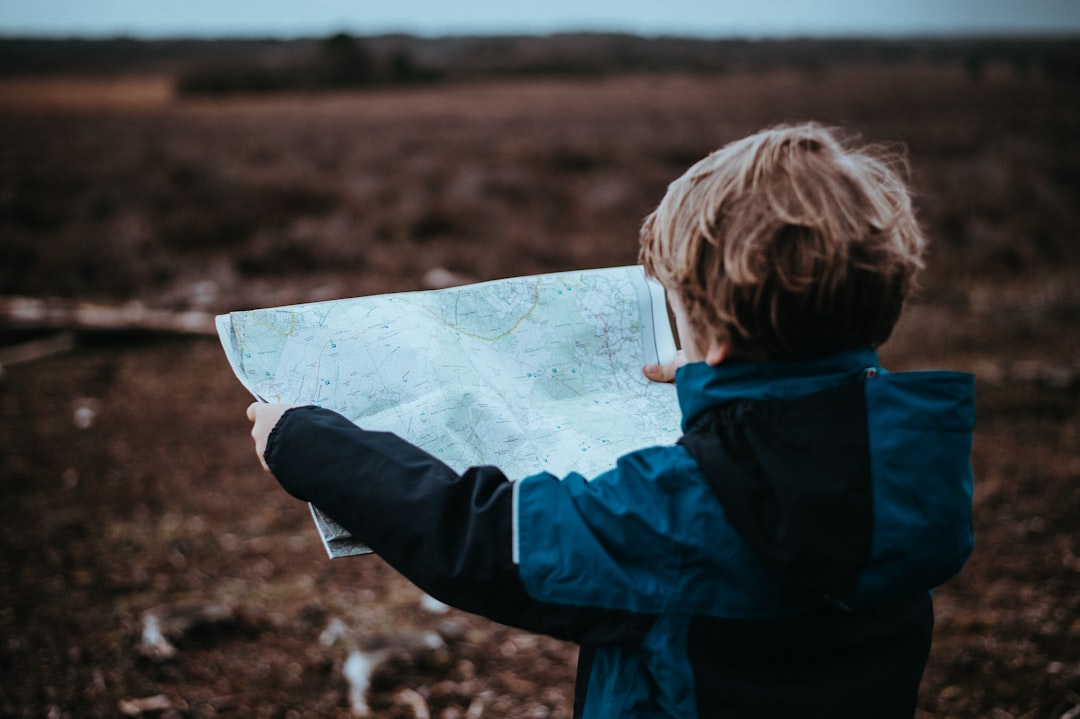Oregon's tribal communities employ restorative approaches to child abuse, emphasizing rehabilitation and reconciliation over punishment. Tribal courts, guided by traditional knowledge, collaborate with community leaders and services to ensure child care and accountability. Balanced reporting involves community education and adherence to Oregon laws, respecting unique cultural contexts. These courts navigate ICWA, balancing child interests with tribal connections. Tribal support systems combine traditional and modern resources, with child abuse law firms offering culturally sensitive legal representation.
In Oregon, tribal communities handle child abuse cases with unique cultural sensitivity, combining traditional knowledge with modern legal protocols. This comprehensive guide explores Oregon’s tribal laws aimed at protecting children and communities, effective reporting mechanisms considering cultural nuances, the role of tribal courts in child welfare, and resources supporting victims within these indigenous communities. For those seeking assistance, a reputable child abuse law firm in Oregon can offer specialized guidance tailored to these complex cases.
Oregon's Tribal Laws: Protecting Children and Communities

In Oregon, tribal communities have established their own laws and systems to address child abuse cases, reflecting a strong commitment to protect both children and communities. These laws are intricately woven into the cultural fabric of each tribe, emphasizing restorative justice and community involvement. Unlike the broader state laws administered by a child abuse law firm in Oregon, tribal laws often prioritize rehabilitation and reconciliation over strict punishment, aiming to heal rather than punish.
Tribal courts play a pivotal role in these processes, leveraging traditional knowledge and practices to adjudicate cases. They work collaboratively with community leaders, elders, and support services to ensure that children receive the care and resources they need while also holding perpetrators accountable. This holistic approach ensures that child abuse cases are handled not just as legal matters but as integral parts of the community’s broader social fabric.
Reporting Child Abuse: Navigating Cultural and Legal Protocols

In Oregon, reporting child abuse is a critical aspect of protecting tribal communities’ most vulnerable members. Tribal citizens and non-tribal residents alike must be aware of the state’s laws and cultural norms when identifying and disclosing potential cases of child maltreatment. A child abuse law firm in Oregon can offer guidance on navigating these complex issues.
Cultural sensitivity plays a significant role in this process, as tribal communities may have distinct reporting practices. It’s essential to understand that what constitutes child abuse might differ across cultures, and legal definitions alone may not suffice. Therefore, a comprehensive approach is necessary, involving both community education and adherence to Oregon’s child abuse laws. This balance ensures that cases are handled appropriately while respecting the cultural context of tribal families.
The Role of Tribal Courts in Child Welfare Cases

In Oregon, tribal courts play a significant role in handling child welfare cases, particularly those involving allegations of child abuse. These courts operate under the framework of the Indian Child Welfare Act (ICWA), which aims to protect and preserve the cultural and familial bonds of Native American children. A child abuse law firm in Oregon often collaborates with tribal authorities, ensuring that traditional customs and laws are respected while navigating the complexities of state and federal regulations.
The tribal courts’ involvement begins when a child is removed from their family or placed into foster care due to suspected abuse or neglect. They conduct hearings, make decisions on custody, and develop plans that align with the best interests of the child while also considering the child’s connection to their tribe and cultural heritage. This collaborative approach fosters trust and ensures that traditional healing practices can be integrated into the child’s well-being, distinct from the typical processes in a state or federal court system.
Supporting Victims: Resources and Initiatives Within Tribes

Oregon’s tribal communities have developed robust support systems for victims of child abuse, leveraging both traditional knowledge and modern resources. Many tribes operate dedicated centers that provide safe spaces, counseling services, and cultural-specific healing practices tailored to address the unique needs of their members. These initiatives often include after-school programs, community education workshops, and peer support groups that aim to prevent future incidents and promote resilience among affected individuals.
Furthermore, local child abuse law firms in Oregon collaborate closely with tribal leaders and organizations to ensure cultural sensitivity and effective legal representation. By integrating traditional healing practices with modern legal protections, these communities offer a comprehensive approach to supporting victims and holding perpetrators accountable, reflecting a commitment to the well-being of both individuals and collective cultural heritage.





